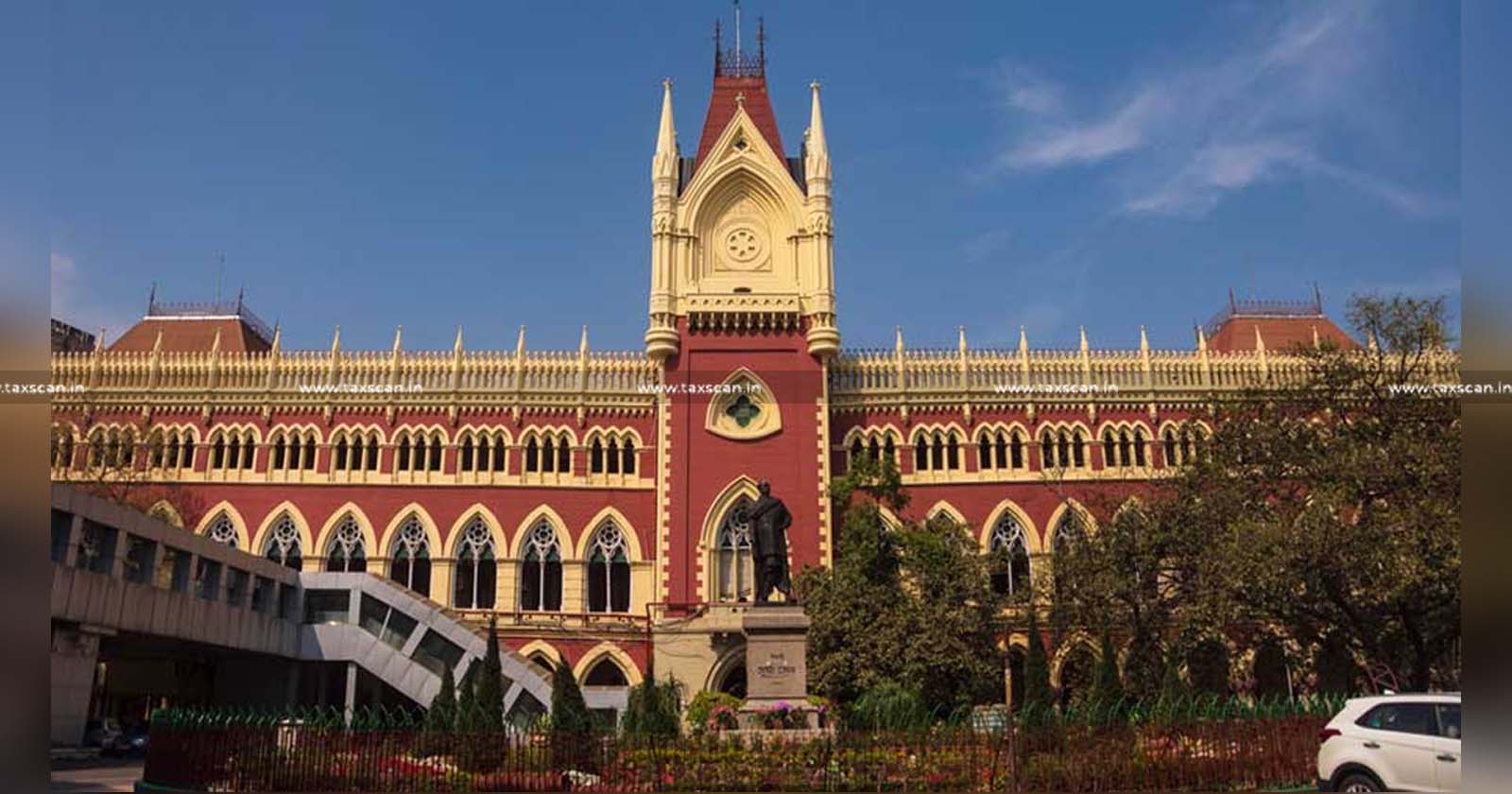GST Appeal Once allowed Cannot Be Recalled u/s. 161 Merely Due to Pending SLP before Supreme Court: Allahabad HC [Read Order]
The court ruled that the pendency of an SLP does not in itself permit recall of a statutory appellate order, particularly when no interim stay had been granted by the Apex Court.
![GST Appeal Once allowed Cannot Be Recalled u/s. 161 Merely Due to Pending SLP before Supreme Court: Allahabad HC [Read Order] GST Appeal Once allowed Cannot Be Recalled u/s. 161 Merely Due to Pending SLP before Supreme Court: Allahabad HC [Read Order]](https://images.taxscan.in/h-upload/2025/09/17/2087998-gst-appeal-taxscan.webp)
In a recent ruling, the Allahabad High Court has held that an appeal once allowed under the GST ( Goods and Services Tax ) Act cannot be recalled under Section 161 merely on the ground that a Special Leave Petition (SLP) has been filed before the Supreme Court.
The Court quashed the rectification orders passed against petitioners, Opasil Pigments And Chemicals (P) Ltd. and M/s Shyam Enterprises, restoring the original appellate orders which had quashed penalties imposed under Section129(3) of the GST Act.
The petitioner’s goods were seized and a penalty imposed under Section 129(1). Though the High Court had earlier directed release of goods against security, the petitioner pursued the statutory appellate remedy under Section 107. By order dated 8.2.2020, the appeal was allowed on merits and the penalty was set aside.
Master the Latest Amendments in Income Tax Act Click here
Subsequently, however, the Department moved an application under Section 161 of the GST Act, contending that since an SLP was pending before the Supreme Court, the appellate order should be recalled. The appellate authority accepted this plea and recalled its earlier order.
 Also Read:Retrospective Cancellation of GST Registration Invalid When Based on Vague SCN: Calcutta HC Orders Restoration [Read Order]
Also Read:Retrospective Cancellation of GST Registration Invalid When Based on Vague SCN: Calcutta HC Orders Restoration [Read Order]
However, the petitioner challenged this and it was argued that Section 161 empowers rectification only of “errors apparent on the face of the record” and cannot be used as a mechanism to review or substitute an order decided on merits.
In the decision of M/s Deva Metal Powders Pvt. Ltd. v. Commissioner of Trade Tax, UP (2008) of the supreme court, held that an error apparent must strike one upon a mere perusal of the record without requiring a long-drawn reasoning process, said the petitioner.
The Department, on the other hand, defended the order on the basis of the pending SLP.
Want a deeper insight into the Income Tax Bill, 2025? Click here
Justice Piyush Agrawal rejected the Department’s stand, observing that the pendency of an SLP does not in itself permit recall of a statutory appellate order, particularly when no interim stay had been granted by the Apex Court.
The Court clarified that rectification under Section 161 is confined to patent and self-evident errors, not to re-appreciation of facts or substitution of findings. Using Section 161 to recall an order amounts to an impermissible review, which is beyond the scope of the provision.
In addition, the bench observed that rectification is limited to clerical, arithmetical, or obvious mistakes and does not empower authorities to obliterate an earlier order and replace it with a new one. Since the appellate order had been passed on merits, its recall on the basis of a pending SLP was wholly unjustified.
Accordingly, the High Court set aside the rectification/recall orders dated 4.8.2020 and restored the original appellate orders allowing the appeals. The Court allowed both writ petitions.
Support our journalism by subscribing to Taxscanpremium. Follow us on Telegram for quick updates


